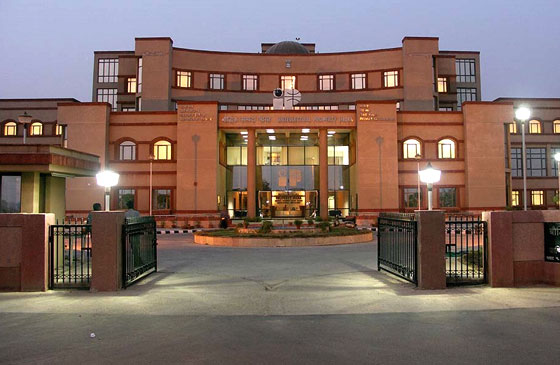
After a comprehensive review of the spread of COVID-19, the impact of consequent country-wide lockdown since March 25, 2020 and the resultant slowdown of economy, the Government of India through the Ministry of Home Affairs (MHA) decided to further extend the lockdown until May 31, 2020 but with more relaxed norms for resumption of economic and industrial activities. An order to that effect was issued by the MHA on May 17, 2020. The salient feature of lockdown 4.0 is to provide flexibility to the state governments to review the situation and decide the extent of the activities which could be taken within their respective jurisdictions.
As a result of the relaxed norms under lockdown 4.0, the Indian IP Offices (IPO) in all five cities have resumed most of its activities and the Office of the Controller General of Patents, Designs, Trademarks and Geographical Indications (CGPDTM) has issued a public notice dated May 18, 2020 extending all deadlines/timelines which were due between March 15, 2020 to May 17, 2020 to perform any action under Indian IP laws including filing of any document, replies or payment of fees, etc., to June 1, 2020. As a result, the deadlines/timelines falling from May 18, 2020 onward will remain unaffected by the lockdown and will need to be adhered to, accordingly. Apparently, with the resumption of functioning of the IPO, the Office of CGPDTM has assumed that the effect of lockdown is over and therefore, the deadlines from May 18, 2020 has been made operative. (Public Notice dated May 18, 2020 of the CGPDTM can be access here)
The position taken by the Office of the CGPDTM in the aforesaid public notice may not be reflective of actual situation in many cities in India and in the other parts of the world which are still reeling under severe lockdown condition. The spirit of the aforesaid public notice is also not in accordance with the Order dated March 23, 2020 passed by the Supreme Court of India whereby the Supreme Court had extended limitation period under all general and specific laws from March 15, 2020 till the further orders of the Supreme Court, which is yet to be announced by the Supreme Court of India. The Delhi High Court by an order dated May 11, 2020 passed in a writ petition filed by the Intellectual Property Attorneys Association (IPAA) had confirmed the applicability of the order of the Supreme Court on the Office of CGPDTM, which administers all IP laws in India except the Plant Varieties laws. As such, many IP attorneys and law firms including LexOrbis has raised the concerns and submitted representation to the Ministry of Commerce & Industry to withdraw the aforesaid notice and make it in accordance with the law of the land pronounced by the Supreme Court of India vide Order dated March 23, 2020.
As a result, the Office of the CGPDTM has on May 20, 2020 issued another notice inviting attention of the applicants to the provisions of sub-Rule (6) of Rule 6 of the Patents Rules, 2002 which provides for the Controller’s power to condone the delay or extend timeline for submission of document by the applicant under the Patents Act, 1970 or Patent Rules, 2003 on the ground of natural calamity. According to this Rule, the applicant seeking such condonation or extension of time need to file a petition with the Controller within one month from the date of cessation of the condition which caused such delay. As per the notice dated May 20, 2020 of the CGPDTM, there is no official fees applicable for filing such petition and the petition could be filed electronically using Form 30 of the Patent Rules. (Public Notice dated May 20, 2020 of the CGPDTM can be accessed here)
The notice of May 20, 2020 as issued by the Office of the CGPDTM is applicable only for the timelines prescribed under Patent laws and there are no corresponding notices issued by the Office of CGPDTM under the Designs, Trademarks, Copyright and Geographical Indications laws. As such, it is not clear as of now, how the applicants of trademarks, designs, copyright and GIs would avail the facility to seek such extension.
We expect this issue to be resolved by judicial intervention soon.



